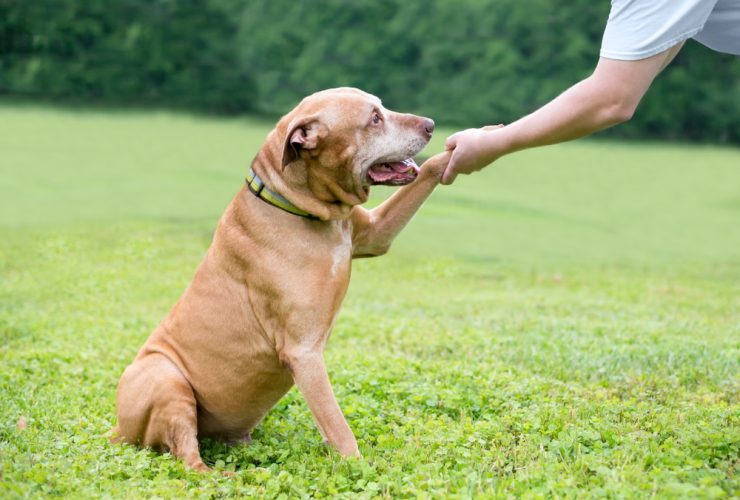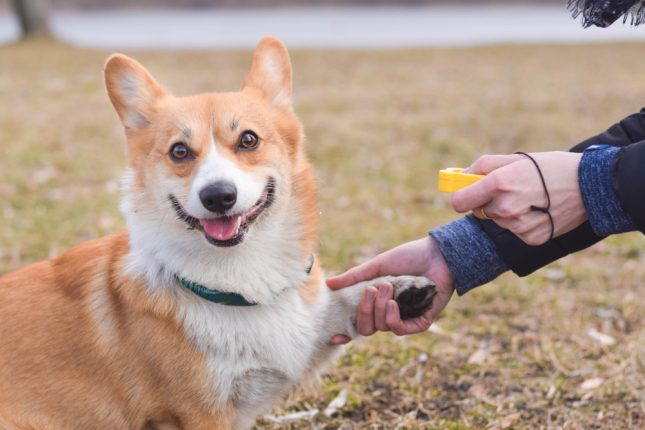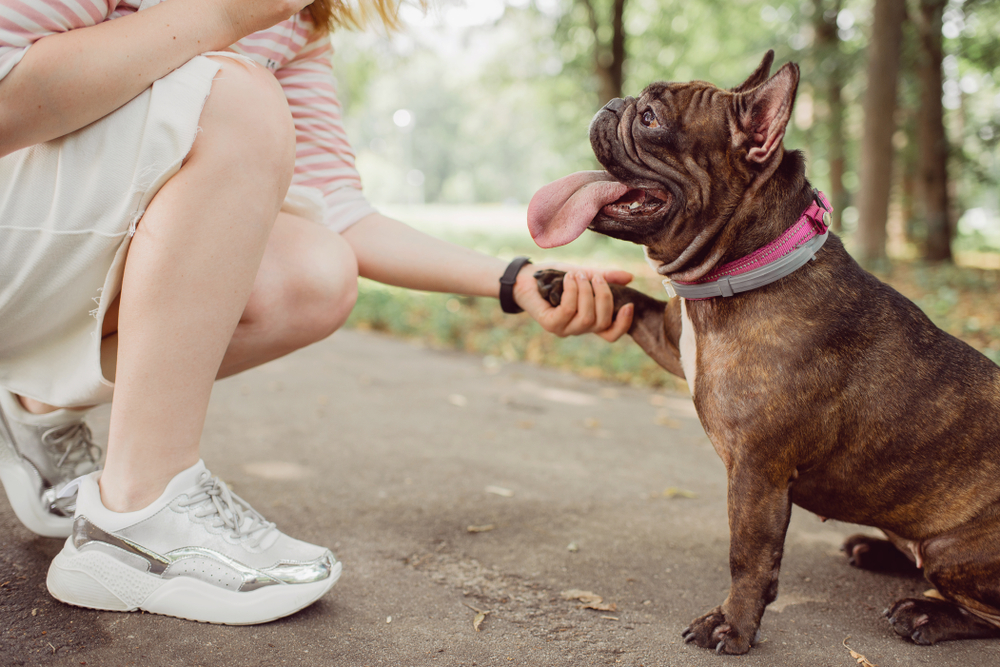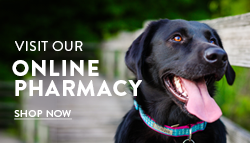
As summer heats up in North Carolina, it’s crucial for pet parents to be extra vigilant about their furry friends’ well-being. Extreme temperatures can pose serious risks to pets, but with some basic first aid knowledge and preventative measures, you can ensure your pets stay safe and healthy.

5 First Aid Tips For Pet Parents – Summer Edition
Here are some essential first aid tips for pet parents to keep in mind this summer:

- Preventing Heatstroke
Heatstroke is a life-threatening condition that can occur when pets are exposed to high temperatures.
Here’s how you can prevent it:
- Never leave pets in parked cars: Even with windows cracked, the temperature inside a car can soar quickly.
- Provide plenty of water: Ensure your pets have access to fresh, cool water at all times.
- Limit exercise during peak heat: Walk your pets early in the morning or late in the evening when temperatures are cooler.
- Provide shade: If your pets are outside, make sure they have a shady spot to retreat to.
First Aid for Heatstroke:
- Move your pet to a cool area immediately.
- Offer small amounts of cool water to drink.
- Wet towels and place them on your pet’s neck, underarms, and groin area.
- Use a fan to increase air circulation.
- Contact your vet immediately for further advice.
- Paw Protection
Hot pavement and sand can burn your pet’s paws. Test surfaces with the back of your hand; if it’s too hot for you, it’s too hot for your pet.
First Aid for Burned Paws:
- Carry your pet to a cool area.
- Flush the paws with cool water.
- Apply a cold compress to the affected area.
- Seek veterinary care if there are blisters or severe damage.
- Hydration and Sunburn
Dehydration can happen quickly in the heat. Signs of dehydration include lethargy, dry gums, and excessive panting.
First Aid for Dehydration:
- Offer your pet small amounts of water frequently.
- You can also use pet-friendly electrolyte solutions.
- In severe cases, seek veterinary assistance.
- Some pets, especially those with light-colored or thin coats, can get sunburned. Use pet-safe sunscreen on exposed areas like the nose, ears, and belly.
- Insect Bites and Stings
Insects are more active in the summer and can cause allergic reactions or other issues in pets.
First Aid for Bites and Stings:
- Remove stingers if present.
- Apply a cold compress to reduce swelling.
- Administer an antihistamine (like Benadryl) if advised by your vet.
- Watch for signs of a severe allergic reaction, such as difficulty breathing, and seek immediate veterinary care if these occur.
- Water Safety
If your pet enjoys swimming, ensure they are supervised at all times. Not all pets are natural swimmers, and even strong swimmers can get into trouble.
First Aid for Water-Related Incidents:
- If your pet is struggling in the water, help them out and check for any injuries.
- If your pet has inhaled water, monitor for signs of distress, coughing, or difficulty breathing and contact your vet.
By staying vigilant and being prepared, you can help your pets enjoy a safe and healthy summer.
Keep Your Pets Safe This Summer with Eastwaye Veterinary Clinic
Always have a pet first aid kit handy, and don’t hesitate to contact your vet if you have any concerns. At Eastwaye Veterinary Clinic, we’re here to support you and your pets with expert advice.
Let’s keep our furry friends safe and happy this summer!
For more tips and information, feel free to contact our experts or schedule a visit at Eastwaye Veterinary Clinic today. Together, we can ensure a fun and safe summer for our beloved pets!




